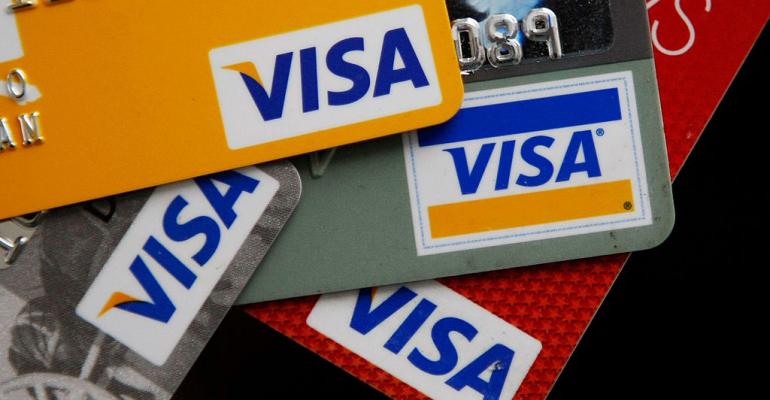Nearly a year to the day after Plaid bought wealth management-focused account aggregator Quovo for roughly $200 million, Visa dipped into its war chest and agreed to a $5.3 billion purchase price for Plaid. While tangential to Visa’s acquisition, wealth management will nevertheless be affected by the credit card and payments giant’s purchase. Many wealth management industry observers note, at the very least, that the move means there is strong continued interest in account aggregation—and that it will be harder for financial services incumbents to turn away aggregators. Those same industry observers are hopeful, but not quite sure, what the acquisition will mean specifically for financial advisors who have grown to depend on account aggregation technology.
Account aggregation has become a key component of the functionality behind goals-based financial planning engines in products that range from Envestnet | MoneyGuide (with aggregation via Envestnet | Yodlee) to eMoney Advisor to Wealthfront and Advicent (with aggregation powered by Quovo). Yodlee, Envestnet’s data aggregator, declined to comment for this story.
"The acquisition is a gamechanger for us," said Paul Raisanen, senior director of product management at Advicent. After joining the firm two years ago, he now oversees the relationship the financial planning software provider has with Quovo. Visa's acquisition should allow Quovo to plug into more institutions, particularly financial service providers located abroad, expanding the data available to financial advisors, he said. It's an improvement he saw when Plaid bought Quovo—and one he expects to accelerate under Visa.
Another firm dependent on data aggregation sees Visa's purchase as a rising tide to lift all boats. “Financial institutions will continue to take on an open architecture infrastructure that will drive efficiency in experience, eliminating multiple logins and ensuring consistency of data across applications,” said Jess Liberi, head of product at eMoney Advisor. The next step in account aggregation is gathering insights from collected data, a theme driving the development of eMoney’s own Project Avocado, a mobile app designed to use aggregated data to influence financial behavior. Under Project Avocado, data aggregation will be used to provide financial insights and visibility, serving as an engagement tool for advisors, she said.
With Visa in control of the data aggregated by Plaid, it stands to reason that the payments firm also sees opportunities to influence consumers’ financial behavior. Indeed, as payment and trading apps take off, banks look more and more like utilities, noted a Quartz report. Startups, linked to financial institutions by services like Plaid, are providing the financial advice and spending information clients are looking for.
Plaid has already been in touch with wealth management-focused firms, like Orion Advisor Solutions, using the account aggregator’s services. Plaid representatives have called to reassure Orion that there will be no interruption in service, said Eric Clarke, the firm's CEO. “This is exactly the right move for [Plaid],” he said. “It gives them such a strong brand and provider in the financial services space and it’s going to open up a lot more doors” at other financial institutions.
While Clarke thinks the move will ultimately be beneficial for advisors, Jud Mackrill, CMO at Carson Group and the former head of technology implementation at Orion, is more measured in his take on the acquisition. Visa isn’t spending more than $5 billion just for the business of advisors, he said. “We get a bit further away from the attention and innovation of the Quovo team, of the Plaid team, and it gets more and more dialed into the business in the case of Visa.”
Visa wants Plaid to operate as an independent business unit, according to Zachary Perret, CEO of Plaid. For the Quovo team, just months into its new ownership and soon to be a much smaller part of a much larger organization, not much will change, said Natalie Giannangeli, a spokesperson for Plaid. “We’re going to be continuing to build out our products and services in the wealth industry,” she said.

